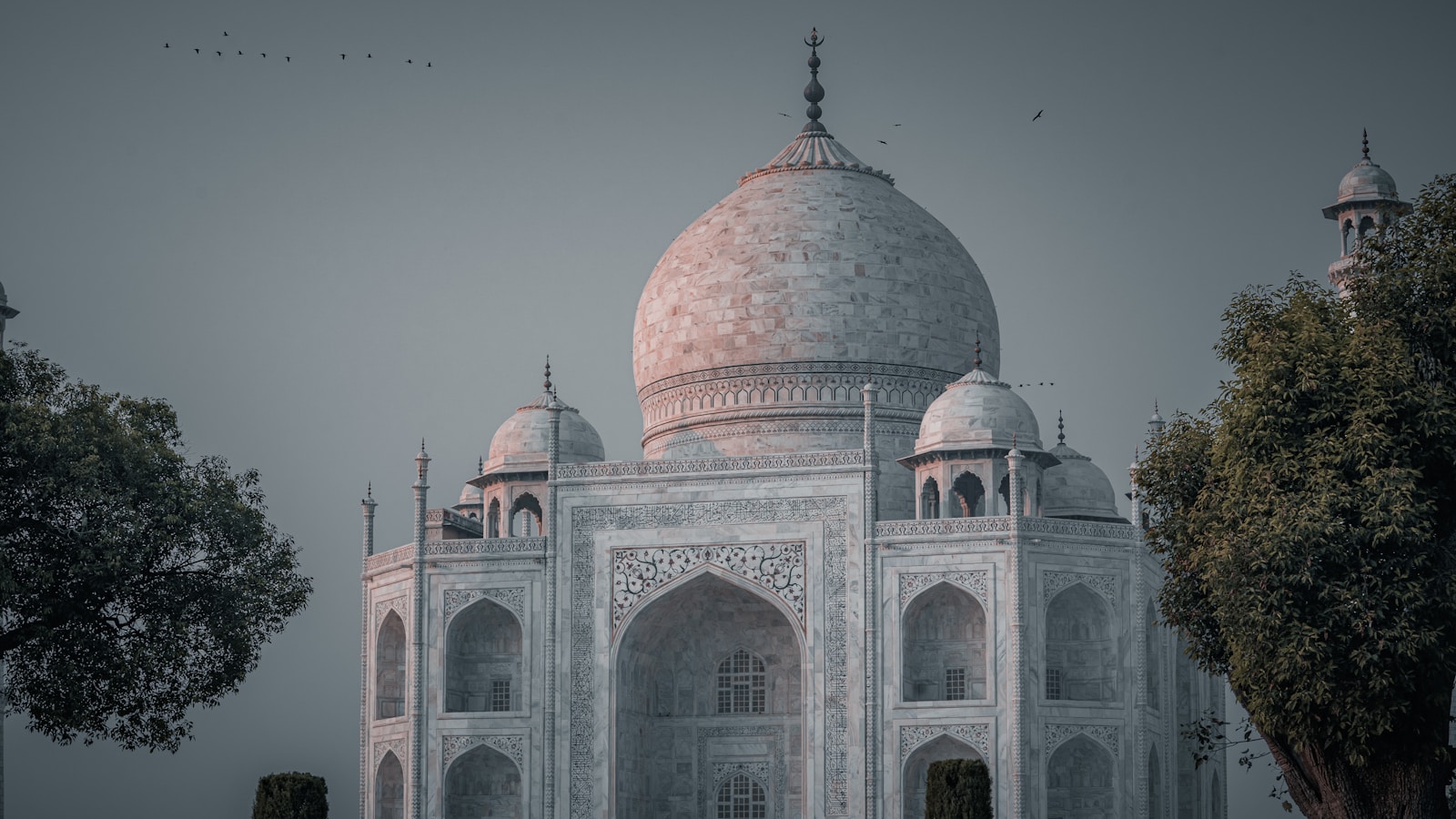
merveille

wonder
The French word 'merveille' is used in a similar way as wonder in English. It can denote a feeling of admiration and surprise caused by something beautiful, unexpected, or unfamiliar. Additionally, it can also refer to something astonishing or admirable, something that causes wonder. Just like in English, it can be used both as a noun (e.g., 'C'est une merveille' - 'It's a wonder') and as a verb (e.g., 'Je me merveille' - 'I wonder').
Example sentences using: merveille
C'était une merveille à voir.

It was a wonder to see.
In this phrase, 'merveille' is used to express the wonder or amazement the speaker felt when seeing something exceptional or impressive.
La vie est une merveille.

Life is a wonder.
Here, the speaker is expressing the idea that life itself is full of marvels and extraordinary moments, hence, 'La vie est une merveille'.
Elle cuisine des merveilles.

She cooks wonders.
'Elle cuisine des merveilles' is a way to compliment someone's cooking skills and to say that it's excellent or outstanding.
Il a écrit une merveille de livre.

He wrote a wonder of a book.
This phrase means that the book the person wrote is incredibly good and provoke a sense of admiration or awe.
C'est une merveille de la nature.

It's a wonder of nature.
In this statement, a natural object or phenomenon is being described as exceptionally beautiful or extraordinary.
Il est marié à une merveille de femme.

He is married to a wonder of a woman.
In this phrase, 'merveille' is used to denote admiration and awe for the person being referenced.
Cette symphonie est une merveille.

This symphony is a wonder.
This sentence is expressing admiration for the symphony, suggesting it's so impressive or beautiful it's considered a 'merveille'.
Le film était une merveille du cinéma.

The movie was a marvel of cinema.
This phrase is expressing that the film is highly remarkable and thus considered a 'merveille' in the realm of cinema.
Mon grand-père racontait toujours des merveilles.

My grandfather always told wonders.
This statement can suggest that the speaker's grandfather was a storyteller who told extraordinary tales that invoke a sense of wonder or fascination.
La machine est une merveille de technologie.

The machine is a marvel of technology.
This phrase states the machine is highly innovative or impressive, showcasing the advances of technology.